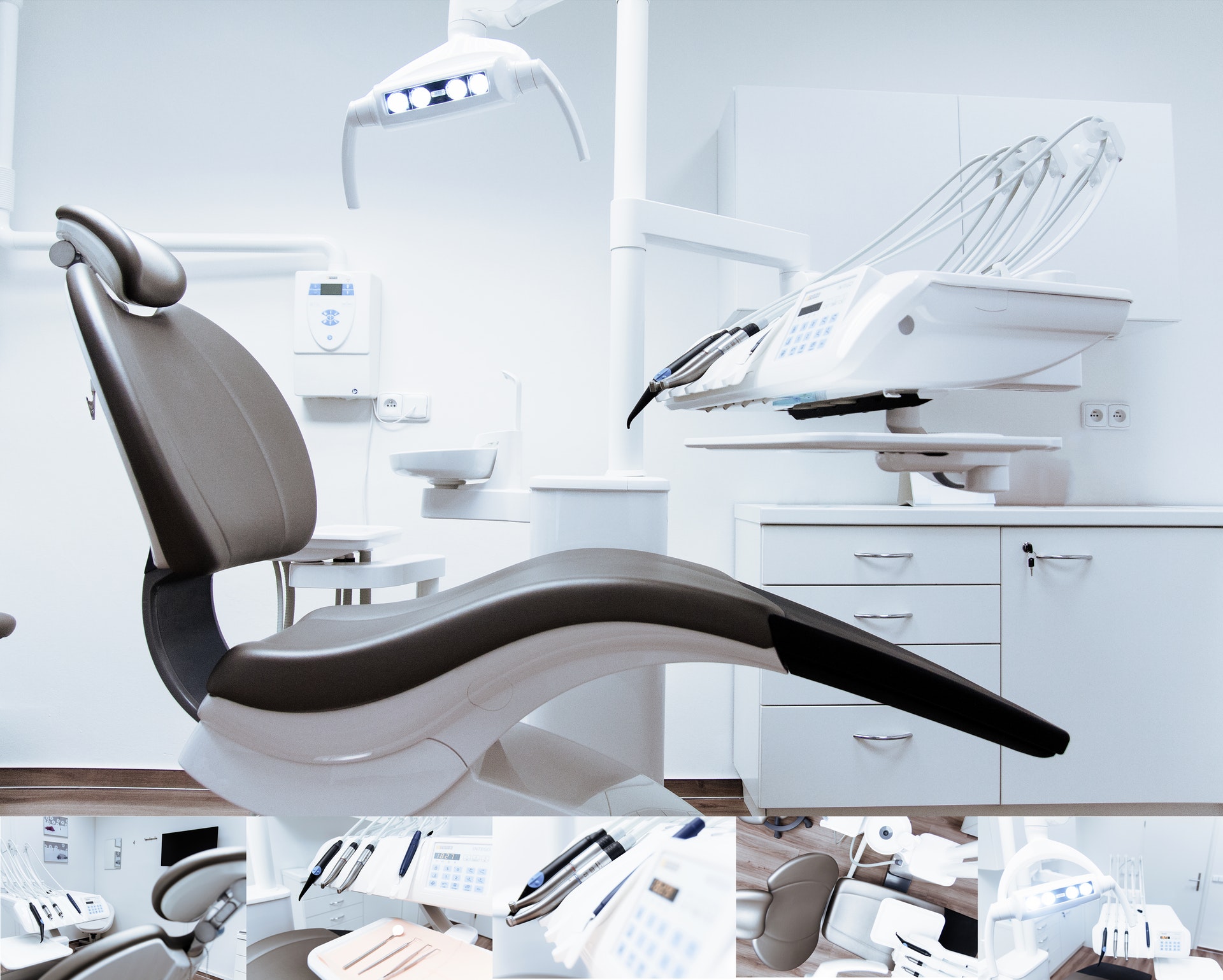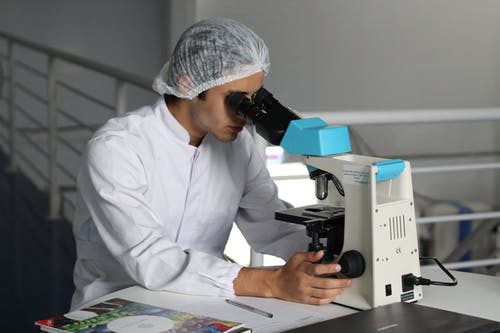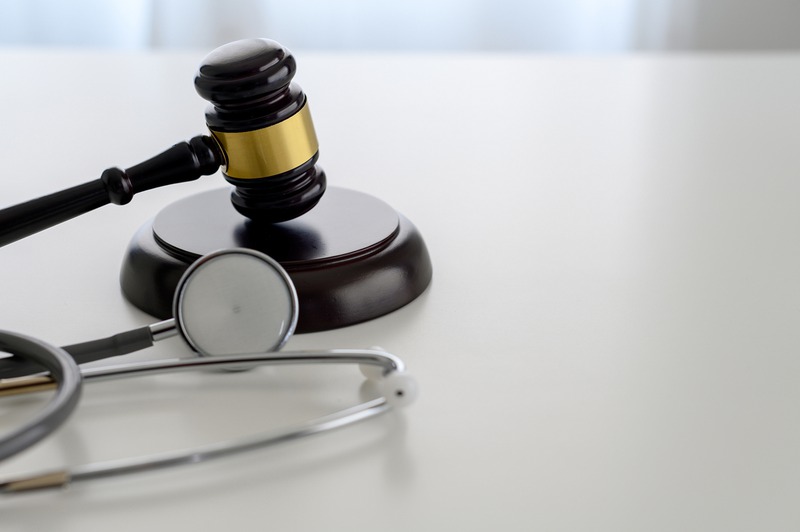Sleep Apnea is a frequent breathing condition affecting adults and children, resulting in interrupted breathing while sleeping. While often linked with fatigue during the day and snoring, it may also have grave consequences for your child’s dental health.
Sleep apnea may cause many dental issues that affect your child’s oral well-being and growth, ranging from the misalignment of their teeth to a delayed eruption.
Sleep Apnea and Oral Health
Let’s look at how sleep apnea might affect dental health in children, the importance of dentists in identifying and treating it, and also why regular dental examinations are crucial to maintaining good oral health among kids.
Impact of Sleep Apnea on Children’s Dental Health
- Malocclusion: Sleep Apnea could cause misalignment or malocclusion of teeth. If children suffer from sleep apnea, their breathing becomes compromised, and they can grind or clench their teeth in sleep. This can cause changes in how the teeth fit together, which can cause difficulty chewing and biting, speech issues, headaches, and jaw pain.
- Delay in Tooth Expansion: The disruption of sleep breathing can cause delays in tooth eruption. If breathing patterns are disrupted in sleep, their bodies produce less growth hormone to develop teeth and bones, which delays tooth eruption. This could adversely affect a child’s bite and general dental health issues.
- Dry Mouth and Gum Disease: Sleep apnea can also lead to gum disease. When a child has sleep apnea, their breathing is disturbed, and they can breathe through their mouth instead of their nose. The mouth-breathing process can cause dry mouth, which lowers the amount of saliva in the mouth. Saliva is crucial for keeping the mouth clean and healthy; bacteria can thrive and cause gum disease when there is not enough.
- Teeth Grinding Children who suffer from sleep apnea tend to grind their teeth in the evening or bruxism, a term used to describe it. Grinding can lead to wear and tear of the teeth, possibly leading to sensitive teeth or loss.
Sleep apnea in children must be diagnosed early. It is evident by snoring and gasping or choking in sleep, restlessness, and tiredness during the daytime. If your kid is suffering from sleep apnea or other sleep disorders, you must speak to a dentist or pediatrician right away so that they can refer them for further evaluation by a sleep expert.
Role of Dentists in Sleep Apnea
- Dentists play a crucial role in diagnosing sleep apnea and treating the condition problems for people with sleep choking syndrome.
- Regular dental examinations let your dentist look for signs of malocclusion, delayed tooth eruption, or other dental conditions that could indicate sleep apnea. If you want to learn why dental checkups are important, you can search the web for articles and blog posts about it.
- If your child is found to have sleep apnea. In this case, a reputable dentist like Alan G. Stern can collaborate with their physician and a sleep specialist to develop an effective treatment program that could include Continuous positive airway pressure (CPAP) machines or oral devices designed to keep the airways open during sleep.
Importance of Regular Dental Check-Ups
- Regular dental check-ups for children are vital in ensuring good oral health.
- Dental exams can help prevent gum disease, dental cavities, and many other dental issues from developing.
- Your dentist can advise you on the correct brushing and flossing practices.
- Your dentist may recommend sealants or fluoride treatments to guard your child’s teeth against decay.
Conclusion
Sleep apnea seriously affects your child’s dental health, including malocclusion, delayed tooth eruption, dry mouth, and even grinding. Parents must know its signs for children and consult their pediatric dentist or dentist if this is the case.
Early treatment of sleep apnea in children can avoid problems in the long term and promote overall good health and development; be sure to plan regular dental examinations for any concerns that may come out early.








